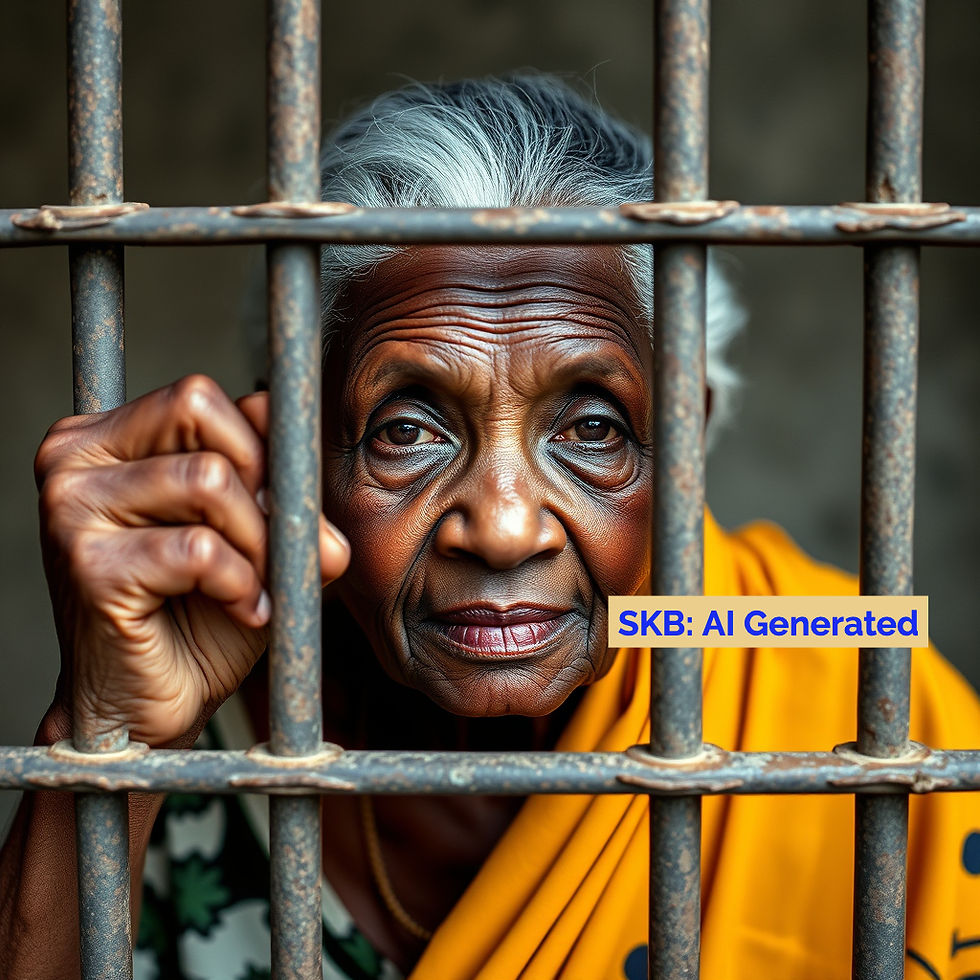President Bio Advocates for G20–Africa Compact on Critical Minerals at Summit
- Grace Bangura

- Nov 23, 2025
- 2 min read

Sierra Leone’s President and Chairman of the ECOWAS Authority of Heads of State and Government, Julius Maada Bio, addressed the G20 Summit in Johannesburg on November 22nd, urging global leaders to ensure Africa derives fair economic benefit from its critical mineral resources. President Bio proposed the establishment of a G20–Africa Compact on Critical Minerals, arguing that such a partnership is essential for an equitable global transition to clean energy.
Highlighting that Africa possesses nearly one-third of the world’s critical minerals—vital for renewable energy, advanced manufacturing, and artificial intelligence—President Bio noted Sierra Leone’s contribution of resources such as iron ore, rutile, bauxite, and diamonds. However, he stressed that most African nations are relegated to the lowest end of the value chain.
“For too long, our resources have powered global industries while our nations captured the least value. This generation must break that cycle, starting with a G20–Africa Compact anchored in justice,” President Bio stated.
He described the proposed compact as a mechanism to enable African countries to transition from being mere suppliers of raw materials to processors and refiners, thereby fostering job creation and industrial development across the continent. “It is not enough for Africa to supply the minerals. We must process them, refine them, and benefit from them. That is how we create jobs, industries, and transformation,” he added.
President Bio also linked Africa’s mineral wealth to broader economic challenges, noting that slowing global growth, escalating debt servicing costs, and tightening financial conditions are exerting severe pressure on low-income economies. He advocated for accelerated debt restructuring, expanded access to Special Drawing Rights via regional development banks, and long-term financing for essential infrastructure and digital advancement.
Regarding climate change, he underscored the continent's severe vulnerability to extreme weather events, despite contributing less than four percent of global emissions. Citing the impact of flooding, landslides, and erratic rainfall in Sierra Leone, he reiterated support for a West Africa Climate Adaptation Acceleration Facility to bolster food security, clean energy projects, and coastal protection.
Furthermore, he addressed digital innovation and artificial intelligence, cautioning that without inclusive global governance, technological advancements risk widening economic disparities rather than narrowing them.
In conclusion, President Bio called upon G20 leaders to endorse a development framework prioritising fairness and shared progress, characterising the minerals compact as a defining opportunity for the continent. “Africa must not only supply the minerals. We must benefit from them. This is our moment to secure a just future for our continent,” he affirmed.















Comments